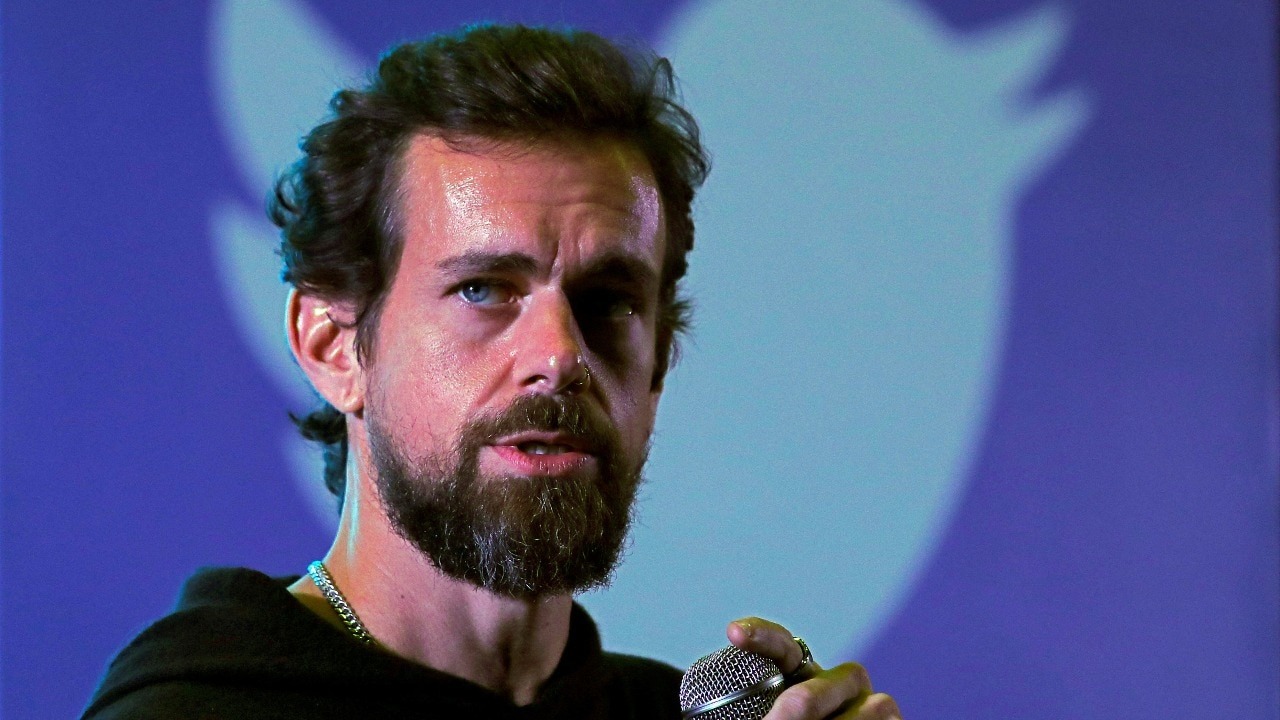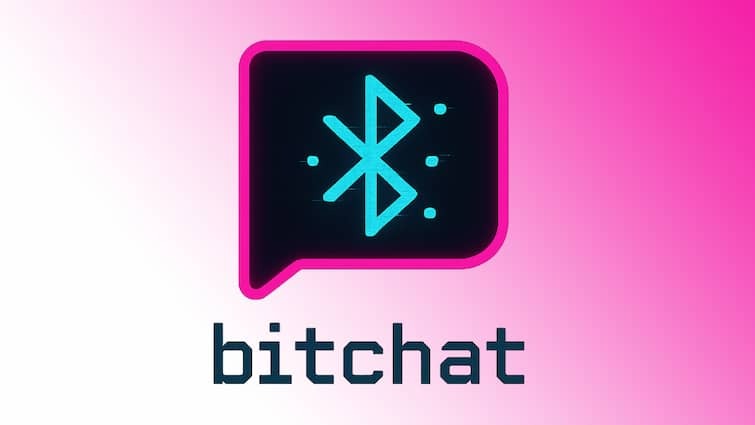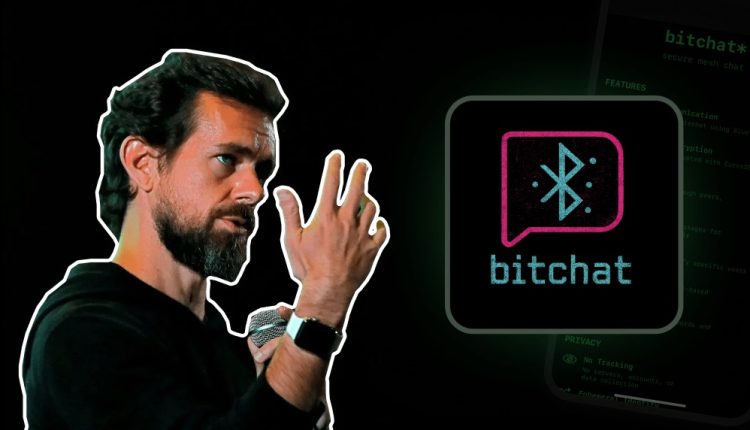Twitter co-founder Jack Dorsey has launched a radical experiment in communication resilience with Bitchat, a decentralized messaging application that bypasses traditional internet infrastructure entirely. Currently in limited beta testing via Apple’s TestFlight program, Bitchat leverages Bluetooth Low Energy (BLE) mesh networks to enable peer-to-peer messaging without cellular data, Wi-Fi, or centralized servers, potentially transforming communication in blackout zones, censored regions, and disaster scenarios.
Technical Mechanics: How Bluetooth Replaces the Internet
Bitchat operates through a self-organizing mesh network where each device functions as both message originator and relay node. When a user sends a message, nearby Bitchat-enabled devices within Bluetooth range (approximately 30 meters) detect and forward it. Messages can “hop” across up to seven intermediary devices, extending the effective communication range beyond 200 meters in dense clusters. This store-and-forward system caches messages for offline peers, delivering them automatically when recipients reconnect to the mesh.

The protocol employs military-grade encryption: X25519 key exchange and AES-256-GCM for private messages, Argon2id with AES-256-GCM for password-protected channels, and Ed25519 signatures for authentication. Unlike conventional apps, Bitchat requires no phone numbers, email addresses, or accounts; users adopt pseudonymous nicknames, and messages remain ephemeral by default, existing only in device memory unless explicitly saved.
Privacy and Use Cases: Beyond Connectivity Emergencies
Dorsey’s whitepaper positions Bitchat as “ephemeral, encrypted communication without relying on internet infrastructure,” directly addressing vulnerabilities in centralized platforms like WhatsApp or Telegram, which depend on servers susceptible to outages or surveillance. The app’s design caters to high-risk environments:
Censorship Circumvention: During internet blackouts, such as political protests, Bitchat’s mesh network can maintain communication channels.
Disaster Response: In earthquakes or floods where cellular infrastructure fails, rescue teams can coordinate via encrypted channels.
Remote Operations: Researchers in areas with minimal connectivity, like wilderness or underground sites, can share data peer-to-peer.
“Bitchat demonstrates that secure, private messaging is possible without centralized infrastructure,” Dorsey noted in the project documentation.
Development and Limitations: A Work in Progress
Remarkably, Dorsey developed Bitchat’s core functionality over a single weekend using Goose, an AI coding assistant from his company, Block. He described the process as “vibe coding,” focusing on high-level functionality while AI handled implementation details. “I’m always surprised at how much…just works,” he wrote on GitHub.
However, security researchers urge caution. The GitHub repository now carries a prominent warning: “Private message and channel features have not received the external security review and may contain vulnerabilities.” Identified risks include potential identity spoofing, flaws in forward secrecy implementation, and memory overflow exploits. Alex Radocea, CEO of Supernetworks, criticized the initial release: “A protocol that has the right vibes can have fundamental substance flaws that compromise everything it claims to protect”.

The Road Ahead
Bitchat’s TestFlight beta filled its 10,000-tester quota rapidly, indicating strong demand for offline-capable tools. While currently iOS-exclusive, Dorsey confirmed Android compatibility is forthcoming, leveraging the same platform-agnostic protocol. Future updates may integrate Wi-Fi Direct to extend range and bandwidth.
Dorsey’s broader decentralization ethos, evident in his Bitcoin advocacy and Bluesky’s AT Protocol, fuels Bitchat’s development. Like Bitcoin’s disruption of financial intermediaries, Bitchat challenges communication monopolies by eliminating central chokepoints.
For now, Bitchat remains an unvetted but promising prototype. As Erica Chang, a cybersecurity researcher at Stanford’s Digital Society Lab, observes: “The architecture innovates brilliantly in connectivity resilience, but until third-party audits confirm its security, users should treat it as experimental, not a life-critical tool.” Its success may ultimately depend on bridging the gap between visionary “vibes” and battle-tested cryptography.
Subscribe to my whatsapp channel


Comments are closed.